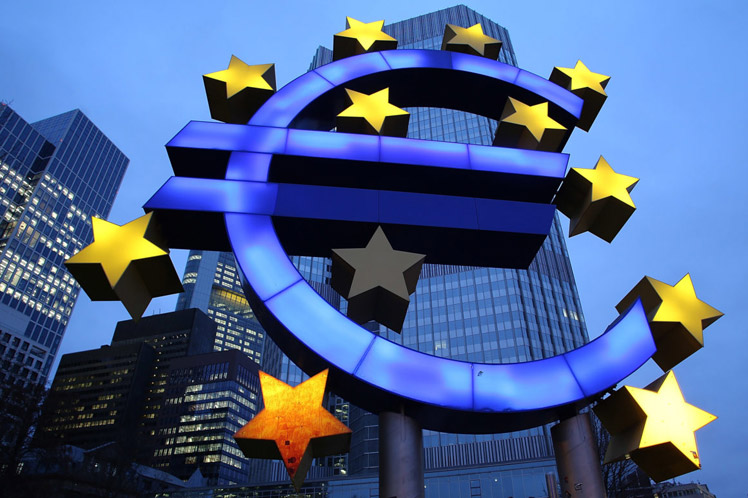This figure contrasts with the 119 points of July, while in the European Union (EU) as a whole it fell to 116.5 from 118 points the previous month. This decline is due to supply chain problems and the outbreaks of Covid-19, as reflected in the EC’s Economic Sentiment Indicator (ESI).
Among the 27, the deterioration in the economic confidence indicator reflects the lower optimism observed in services and industry, as well as among consumers, while it remained virtually unchanged in retail trade, and rebounded in construction.
The EC also reported that the employment expectations index (EEI) rose in August to 112.6 points from 111.6 in the European Union as a whole. Meanwhile, in the euro area, it raised this value to 112.8 from 111.6 in July, reaching in both regions its best reading since November 2018.
ef/abo/rgh/rfc









